The World Economic Forum estimates that by 2030, as many as one billion people will need to be reskilled. This growing skills gap is a pressing issue across all industries we serve. For years, our customers have shared their concerns about an aging workforce and a lack of younger professionals entering the field, leaving many roles vacant. With the rise of automation, the demand for new skills has only increased, creating more job opportunities than there are qualified workers to fill them. To tackle this challenge, Autodesk is committed to developing lifelong learning solutions that help workers stay competitive by acquiring new skills and earning recognized professional credentials. The future of work is already here, and automation is now a standard part of many industries. We're here to support our customers in gaining the skills they need to succeed in this evolving landscape. Today, we’re excited to announce the launch of the Autodesk Certification Program. This initiative includes eight new industry-focused learning pathways and certifications designed to support professionals on their continuous learning journey. More certifications and courses will be added in the coming year. The program is built to empower both new and experienced professionals to build and validate their skills, helping them reach their career goals. Our certifications cover specific products like “Revit Structure†and also focus on key workflows and roles, such as “Fusion 360 Mechanical Design,†tailored for engineers and machinists. These role-based certifications will continue to evolve to meet emerging trends and industry needs, ensuring learners stay up-to-date with the latest developments. For over 15 years, Autodesk has worked with training centers to provide product-specific certifications through in-person exams. However, as technology and automation continue to reshape careers, it's essential for us to evolve our learning and certification offerings. I recently had the chance to speak with Jaime Perkins, who leads learning strategy at Autodesk, about how we're reimagining the certification process. “We understand that technologies like AI are transforming the industries we serve, and these changes are significantly impacting workers. When the pandemic hit, we saw an 800% increase in traffic to our self-paced learning resources, which confirmed that it was the right time to accelerate our efforts. With this new platform, we’re taking a fresh approach to certification—one that integrates skill development into daily work, connects professionals to a broader community, and supports a lifelong learning journey.†The new Autodesk Certification Program was designed to be flexible and self-paced. Users can access the single sign-on platform online at any time that works for their schedule. As our tools continue to evolve, we’ve noticed that their use is increasingly tied to the specific roles of individual users. There isn’t a single job that requires someone to master every function of a tool. That’s why our new role-based certifications are designed to reflect real-world usage, allowing individuals to become certified in specific roles—like mechanical engineers—rather than just in specific products, such as Fusion 360. These role-based learning paths and certifications help workers demonstrate their competencies in ways that employers recognize and value. Initially, the program will focus on Fusion 360, emphasizing core workflows in the industry. This includes CAD, CAM, design for manufacture, and even the first-ever generative design certification in the field. The Autodesk Certification Program offers self-paced, modular learning that guides each user along a personalized path toward certification. We understand that learning is unique to each person, so we’ve designed the program to accommodate various skill levels, workflows, roles, and career goals. Whether you're building foundational skills or preparing for a specific exam, the program is structured to fit your needs and schedule. Once learners complete a series of courses or earn a certification, they'll receive digital badges that can be added to resumes, portfolios, and professional networking sites. These badges serve as proof of their achievements and can make a strong impression on potential employers. Last year, we partnered with Monitor Deloitte to explore the challenges behind the skills gap and how businesses can help workers adapt in the age of automation. One key finding was that companies must bridge the gap between learning and work by embedding training directly into the workplace. However, most businesses don’t have the infrastructure to support large-scale training programs. Read about our recent push for workforce development in COVID-19 legislation Autodesk certifications and learning pathways offer a solution by enabling businesses to reskill their existing workforce through timely, on-the-job learning. This ensures that current employees have the necessary skills to keep their organizations thriving. In addition to supporting internal growth, industry certifications can help companies make better hiring decisions by identifying candidates who have demonstrated expertise through our exams. This year, as remote work continues and physical workspaces require more safety measures due to the ongoing pandemic, the use of digital tools and automation will only grow. As a result, many professionals and job seekers will need to develop entirely new skill sets to fill changing and emerging roles. Reskilling and upskilling, alongside successful digital transformation, are essential for the global economy’s future success. At the launch of the new certification program, Autodesk will match donations to Humanmade, an Autodesk Foundation partner, for every Fusion 360 user who successfully completes one of our new certifications after AU. Humanmade’s Next Generation Manufacturing Program is San Francisco’s first advanced manufacturing workforce development initiative, aimed at preparing low-income Bay Area residents for the jobs of the future. Hear from Autodesk about upskilling employees to prepare for the workforce of the future Automation is a powerful force driving progress in business and society, helping meet the demands of a growing and urbanizing global population. While it brings disruption, it also creates new opportunities. At Autodesk, we believe we have a responsibility to help workers adapt and thrive. We are dedicated to supporting our current and future customers in navigating this era of change and transformation. Our new certification program is one of the many ways we’re investing in the skills needed for the future—helping build a resilient, fair, and prosperous workforce. For more information on the new Autodesk Certification Program, please visit here.
PP Synthetic Paper is with PP Plastic Film base coated on both sides or one side white matte, surface is excellent ink absorption for offset printing. This paper is non tearable and water proof while looks and feels like regular pulp paper.
Offset printing fast ink cure enables the paper suitable for fast printing of various applications.
Pp Synthetic Paper, Offset Printing Synthetic Paper, Matte Synthetic Paper, Non-tearable PP Paper Mianyang Prochema Commercial Co.,Ltd. , https://www.gustek.com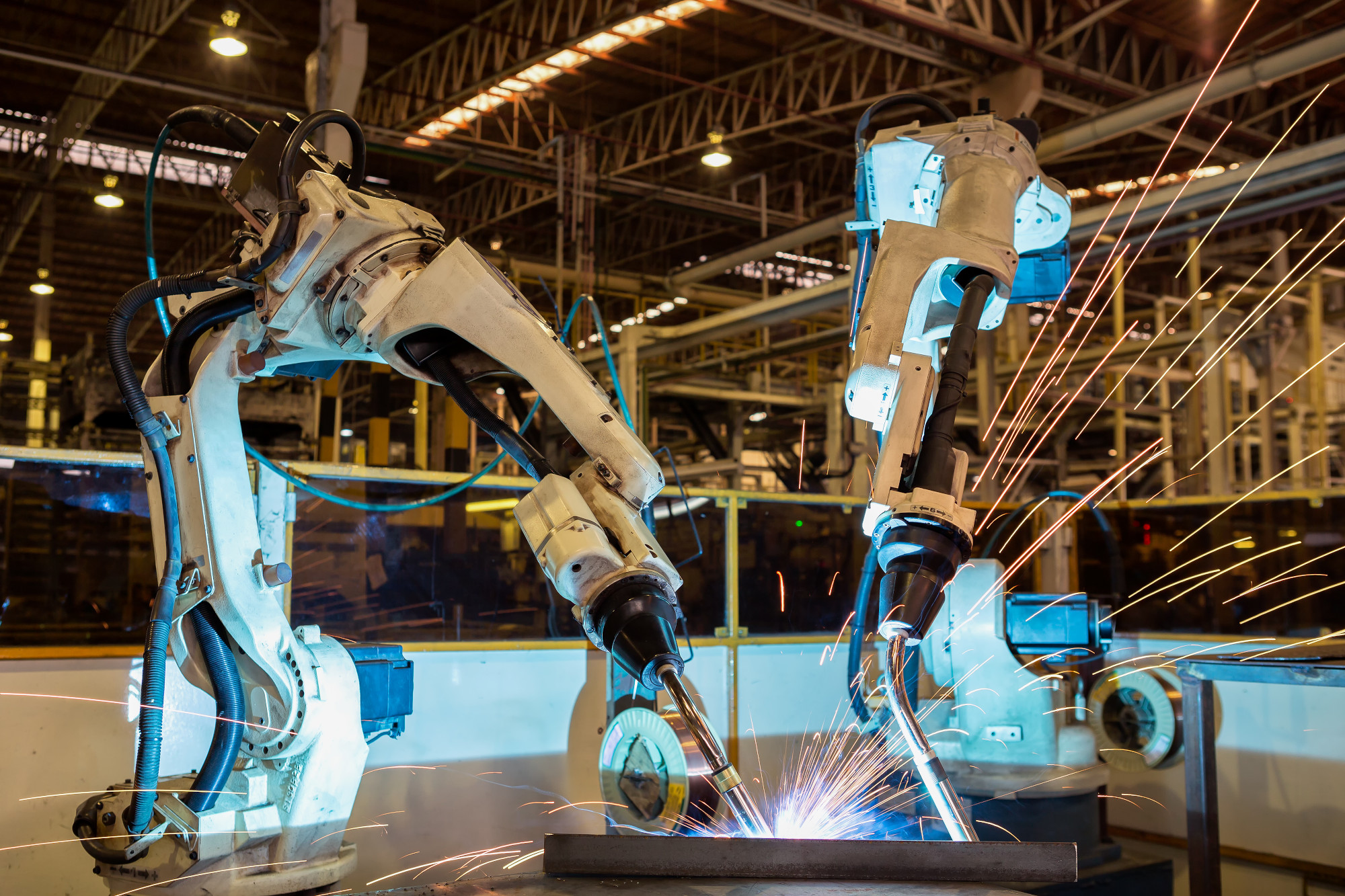

New Role-Based Certifications Show Greater Capability
Learning Pathways Prepare Workers for Both Certification Exams and Careers
Training Infrastructure for Businesses
Reskilling Is Critical for Economic Success
PP SYNTHETIC PAPER
GP Synthetic Paper is suitable for the following printing
Graphic printing Toppan Printing Gravure printing
Screen printing Flexo printing Digital printing
GP Synthetic Paper Supply Mode:
The main thickness (micrometer) 80,100,120,150,180,200,230,280,300,350,400,450,500
Specifications (mm) 787*1092, 889*1194 in sheets, and in roll

PP synthetic paper is suitable for:
High grade printing: business card, sticker, product instruction, banner of advertising, posters, pictorial, children's pictorial, maps, books, high grade books, various brochures, commodity labels, air luggage labels, year calendar.
Tourism: maps, paper fans, umbrellas, travel guides, travel caps, and other tourism promotional items.
Eco-friendly Non Tearble Travel Guides Synthetic PP Paper
Special use: Recording envelopes, pictures, advanced artwork, express envelopes, clock dials, phone books, song collections, household registration lists, ID cards (ID cards), various P0Ps (shopping store advertisements), etc.
Commercial Packaging: drug packaging, cosmetics packaging, food packaging, industrial products packaging, handbags, packing boxes, gift bags, shopping bags,
In other aspects: use of synthetic paper as insulation, delivery summons, desk pads, menus, poker cards, visit tickets, kites, model aircraft, spinning spools, cap gaskets and so on!
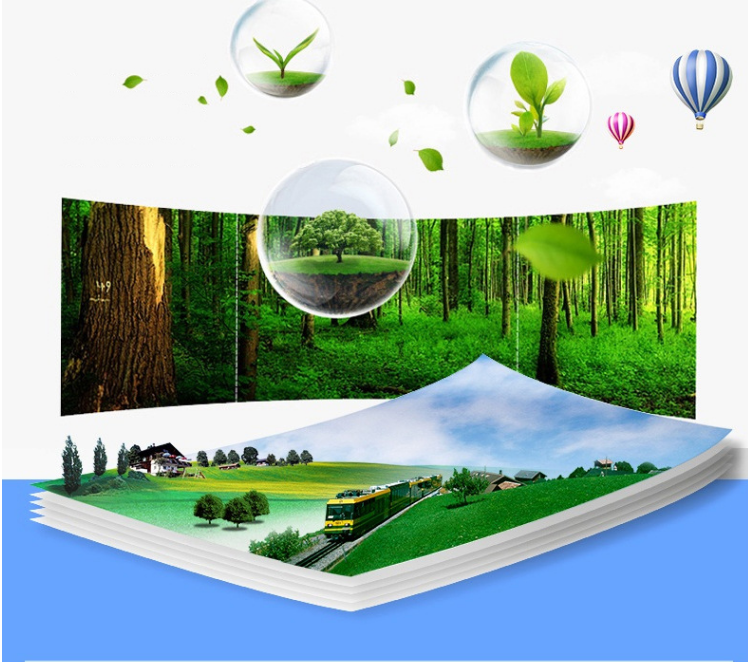
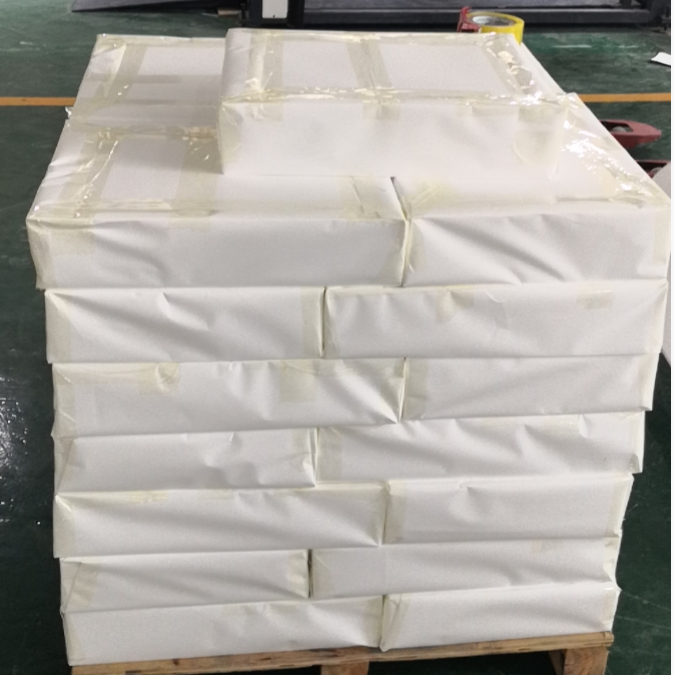
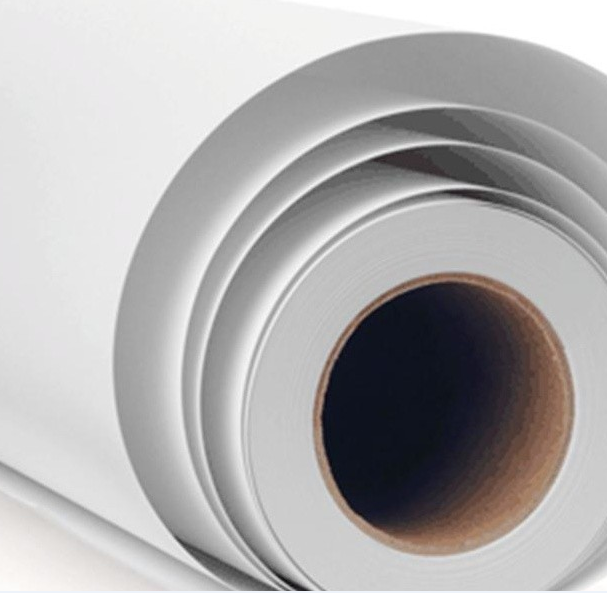
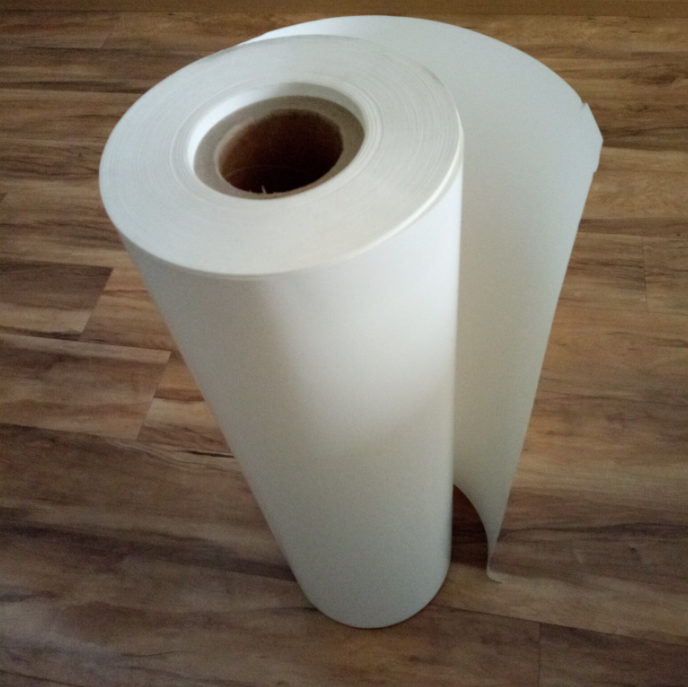
For More details, please contact our sales team.